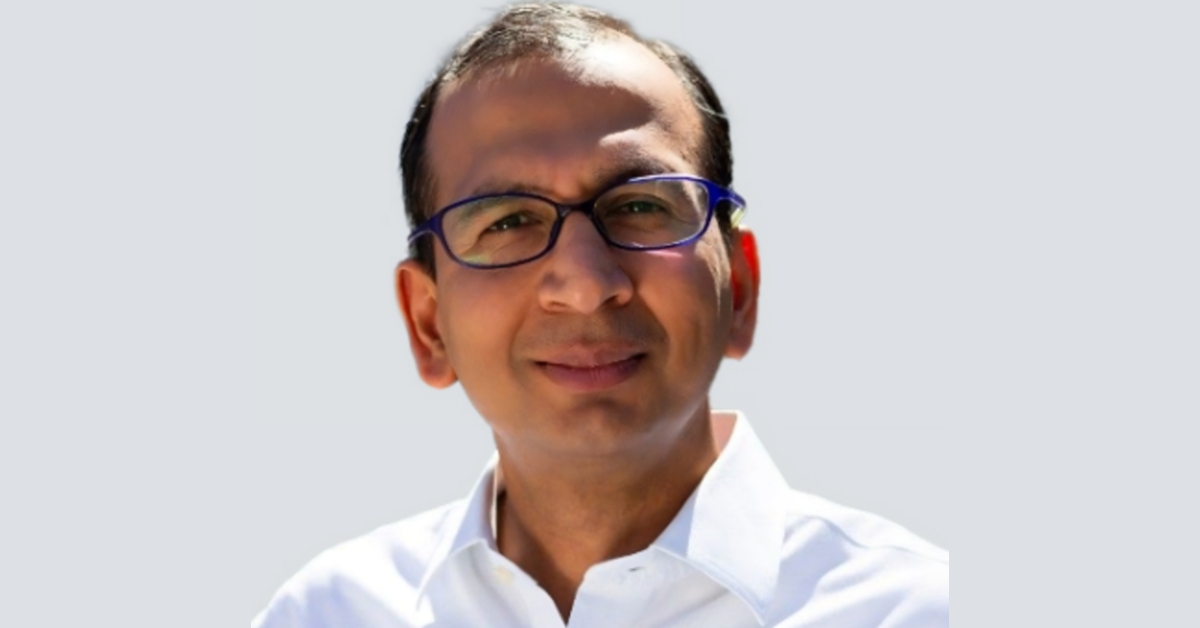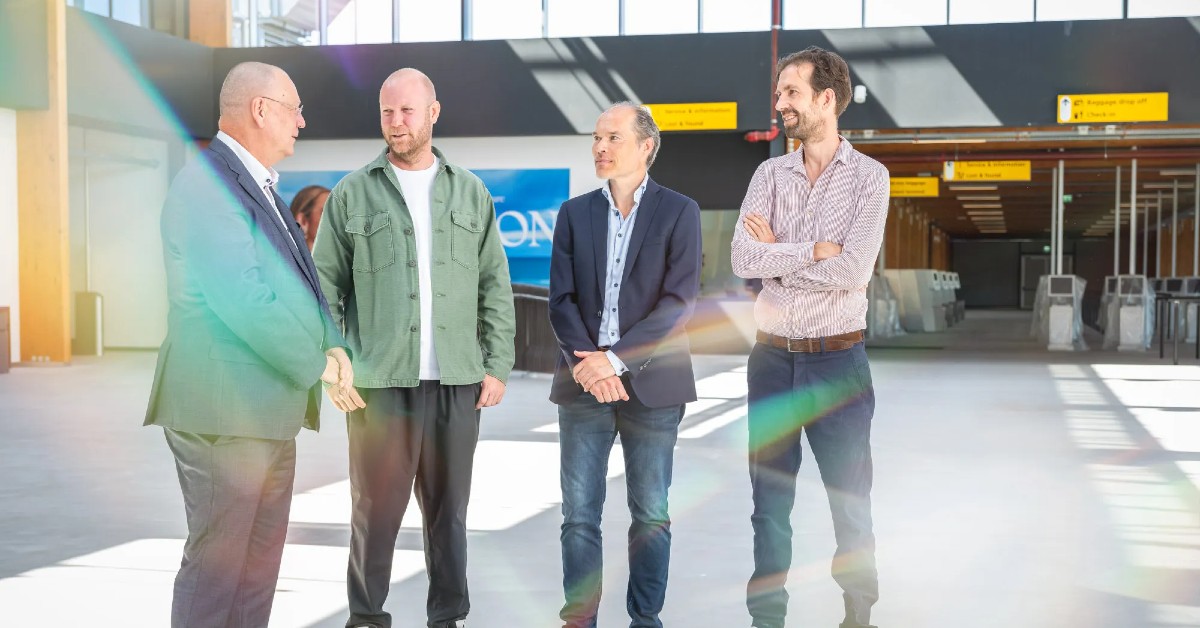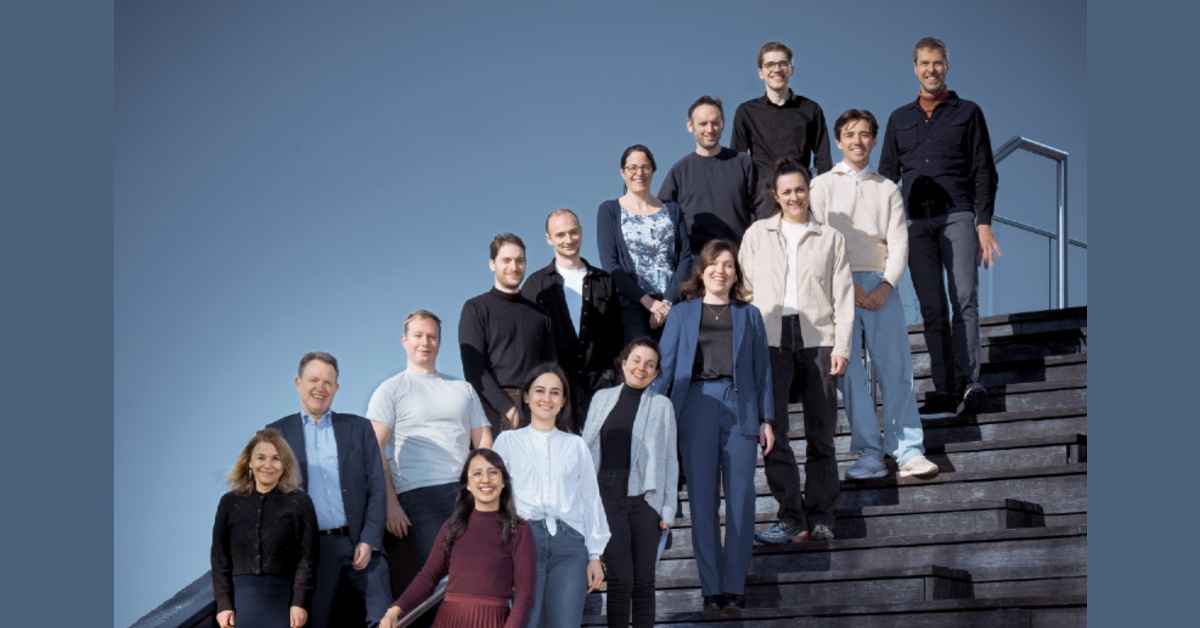Enschede, the Netherlands-based ChipTech Twente announced on Friday, February 24, that it has secured €600K from Twente Board to make a significant contribution to the European Commission’s ambition to be less dependent on Asia and the US for chip production.
Besides the funding, ChipTech Twente also announced the appointment of Tim Tiek as general manager, who has extensive experience in the semicon industry.
Together with a programme manager, about 50 chiptech companies and various knowledge institutions and partner organisations, Tiek aims to strengthen the chiptech value chain in Twente.
He will also help set up a “research programme into new heterogeneous chip systems, and develop a future vision for a foundry in which these systems can be produced.”
Tim Tiek says, “Twente has enormous potential. We have a unique position when it comes to knowledge of chip technology, and we now have millions on the shelf to expand this. Strengthening chip design, chip testing, equipment, production capacity, and talent is of great strategic importance in the short and long term for Twente, the Netherlands, and Europe.”
“We are going to cash in on these opportunities with a strongly organised cluster that will achieve synergy for the entire chain. Fortunately, the companies and everyone else involved already have enormous energy; we are going to do this together. And we have to because we have given ourselves the task of drawing up an industry-driven strategy.”
ChipTech Twente: What you need to know
The ChipTech Twente cluster was established before the 2022 summer by a consortium of Twente partners.
The impact of the global chip shortage, uncertainty surrounding Taiwan’s main chip producer, and the need for skilled technical talent are all being experienced in Twente as well.
This is particularly evident due to the success of Prof. Dr. Ir. Bram Nauta’s Integrated Circuit Design department at the University of Twente and Saxion’s Electrical Engineering programme, which has resulted in the development of a strong SME cluster of chip design companies over the last 25 years.
Twente’s position in the global chip production value chain is also unique, which has created numerous job opportunities for the region, especially in emerging technologies like photonics, quantum, and microfluidics.
As Europe seeks to reduce its dependence on Asia and the US by investing in its own chip value chain and training talent, the Twente partners have joined forces under the umbrella of ChipTech Twente to strengthen their regional position. They are also collaborating with other regions like Brainport, Nijmegen, and Delft to work towards a common goal of building a European chip industry.
Victor-Jan Leurs, director of Twente Board, says, “Twente’s unique position as a global hotspot for chip design is extraordinary. You can hardly crack open an electronic device without there being a chip inside that was designed in Twente.”
He continues, “From the Twente Board we believe it is of great importance to further strengthen that which Twente is recognised and acknowledged for worldwide with a contribution of €600K. This will give the cluster time to prepare with a professional team for European research projects, for example, and we can act in an organised way in the national and international lobby.”
“We expect this investment to further strengthen the region economically and also create jobs. The companies in the cluster have already indicated that around 1,000 professionals will be needed within 5 years,” adds Leurs.










01
From telecom veteran to Dutch Startup Visa success: The Jignesh Dave story